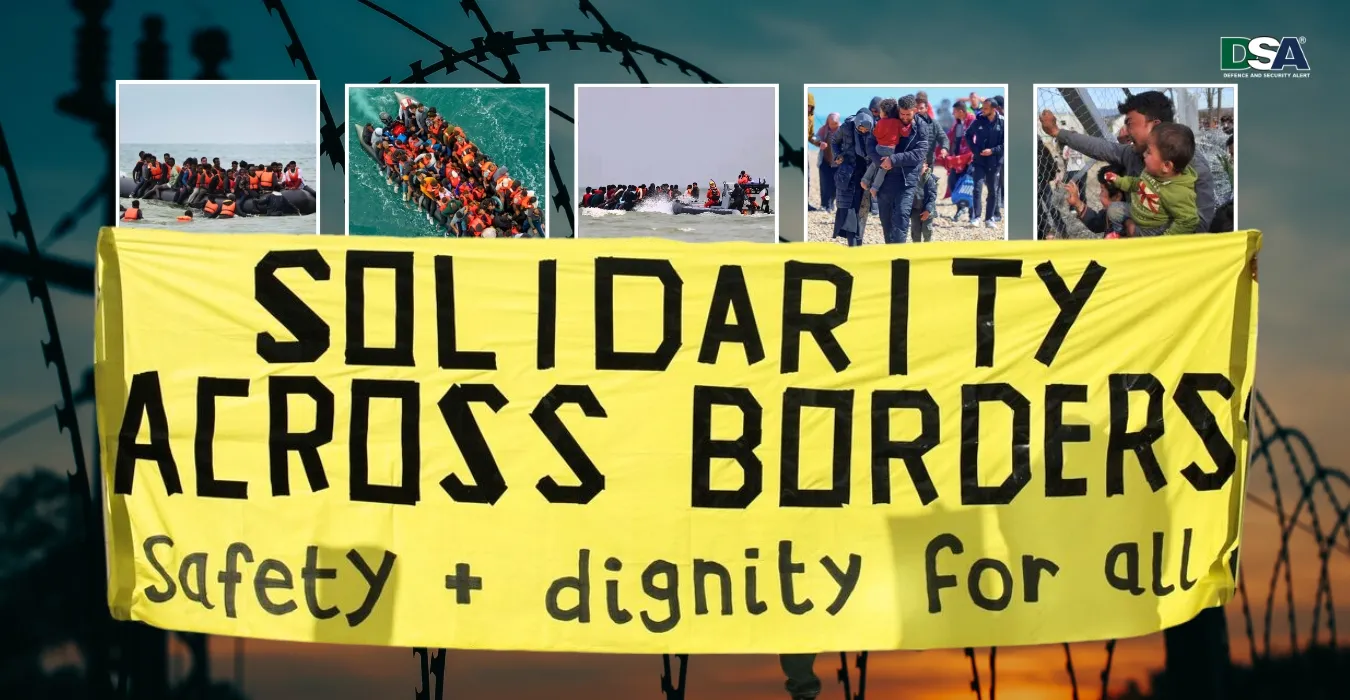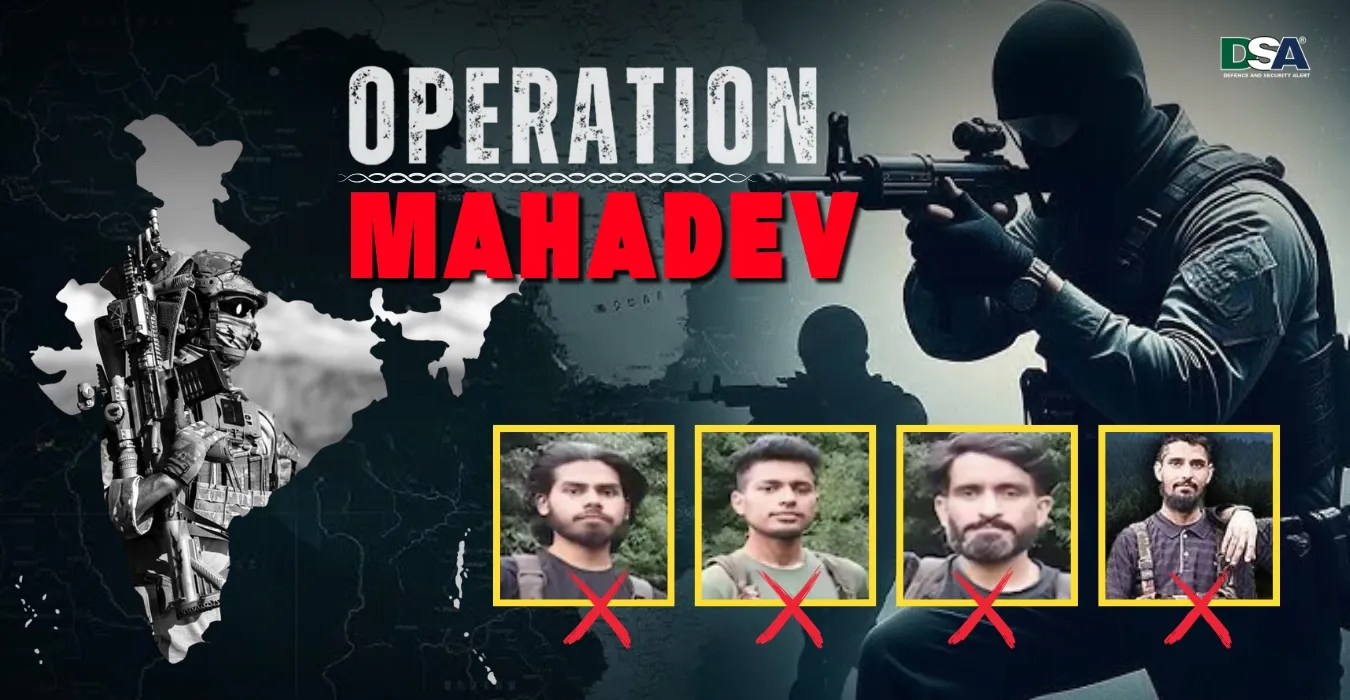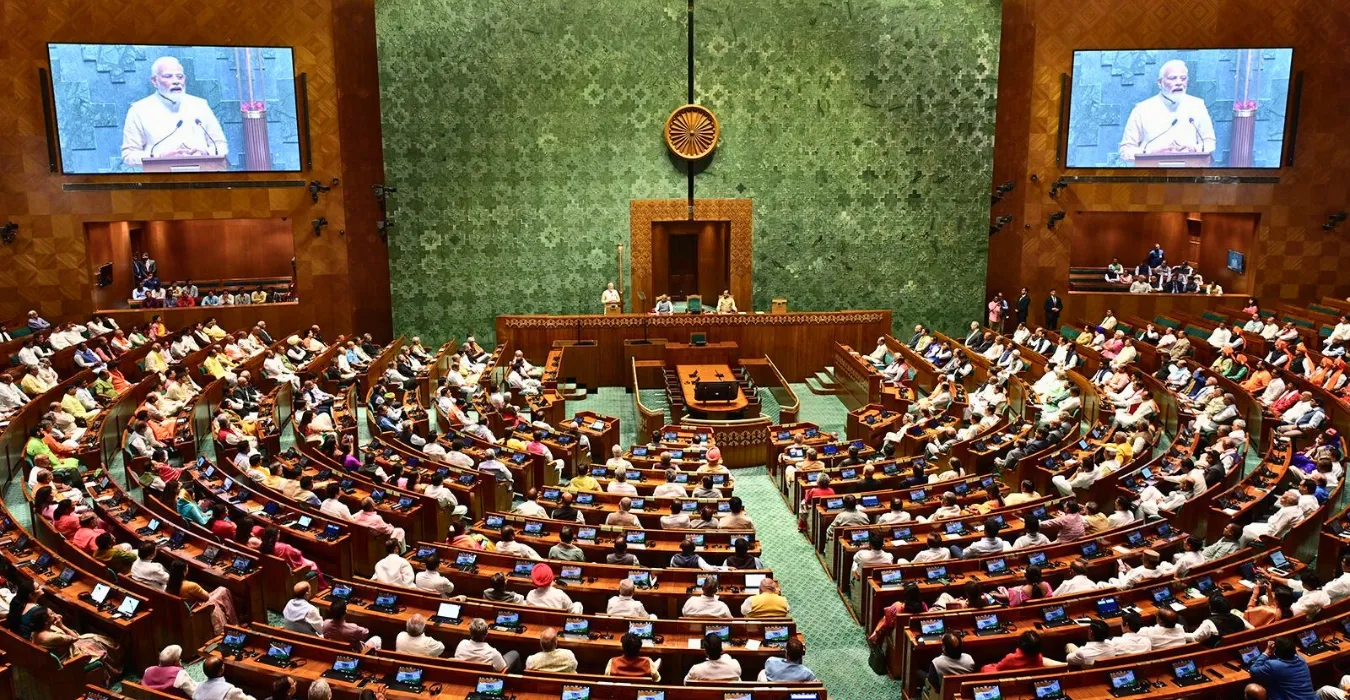DSA Correspondent
Pakistan PM Shehbaz Sharif Offers Neutral Probe into Pahalgam Terror Attack
Following the deadly terror attack in Pahalgam, Jammu & Kashmir, which claimed the lives of 28 people, including civilians, foreign tourists, and an Indian Navy officer, tensions between India and Pakistan have escalated significantly. In a bid to deflect mounting international pressure and scrutiny, Pakistan Prime Minister Shehbaz Sharif announced that Islamabad is open to a neutral third-party investigation to verify the allegations of its involvement in the attack.
India has unequivocally blamed The Resistance Front (TRF)—an offshoot of the Pakistan-based terror group Lashkar-e-Taiba (LeT)—for orchestrating the massacre at the popular tourist destination of Baisaran Valley near Pahalgam. Indian intelligence agencies provided credible evidence linking the attack to TRF, which operates under the broader terror ecosystem nurtured by Pakistan's Inter-Services Intelligence (ISI). The attack, one of the deadliest in Kashmir since the 2008 Mumbai attacks, has triggered widespread global condemnation.
In response, India has taken a series of decisive diplomatic and strategic measures. These include cutting off diplomatic ties, declaring Pakistani military diplomats persona non grata, suspending bilateral agreements such as the Indus Waters Treaty, and cancelling all SAARC visa exemptions for Pakistani nationals. These actions reflect New Delhi’s firm stance against cross-border terrorism and its growing impatience with Islamabad's long-standing policy of denial and deflection.
While Pakistan has repeatedly denied any involvement in the incident, it has urged for international scrutiny through a neutral investigation mechanism, attempting to portray itself as cooperative on the global stage. However, Indian officials remain skeptical, citing past experiences where Pakistan failed to cooperate or act upon evidence provided in previous cross-border terror incidents, including the 2016 Uri attack and the 2019 Pulwama bombing.
Foreign Secretary Vikram Misri, addressing the media, emphasized that India’s position remains unchanged—Pakistan must take concrete and verifiable actions against terror groups operating from its soil rather than offering hollow gestures. The Indian government asserts that allowing international investigations could undermine its own sovereignty and intelligence mechanisms, especially when credible evidence has already been shared with global partners.
Meanwhile, major global powers, including the United States, France, and the European Union, have voiced solidarity with India, urging Pakistan to dismantle its terror infrastructure. However, the situation remains tense, with both nations locked in a diplomatic standoff as India seeks to isolate Pakistan on the international stage.
This latest development underscores the growing frustration within New Delhi over Pakistan’s persistent denials and lack of accountability in addressing cross-border terrorism. While Islamabad's call for neutral investigation might serve as a temporary shield against global backlash, India's robust diplomatic offensive signals that mere words will not suffice without real action against terror outfits like TRF and Lashkar-e-Taiba.
As the world watches closely, India’s approach—rooted in strategic patience yet firm resolve—continues to set the tone for regional stability, demanding tangible steps from Pakistan to ensure justice for the victims of the Pahalgam terror attack..
.webp)
-min.webp)
-min.webp)


.webp)






 9958382999
9958382999
